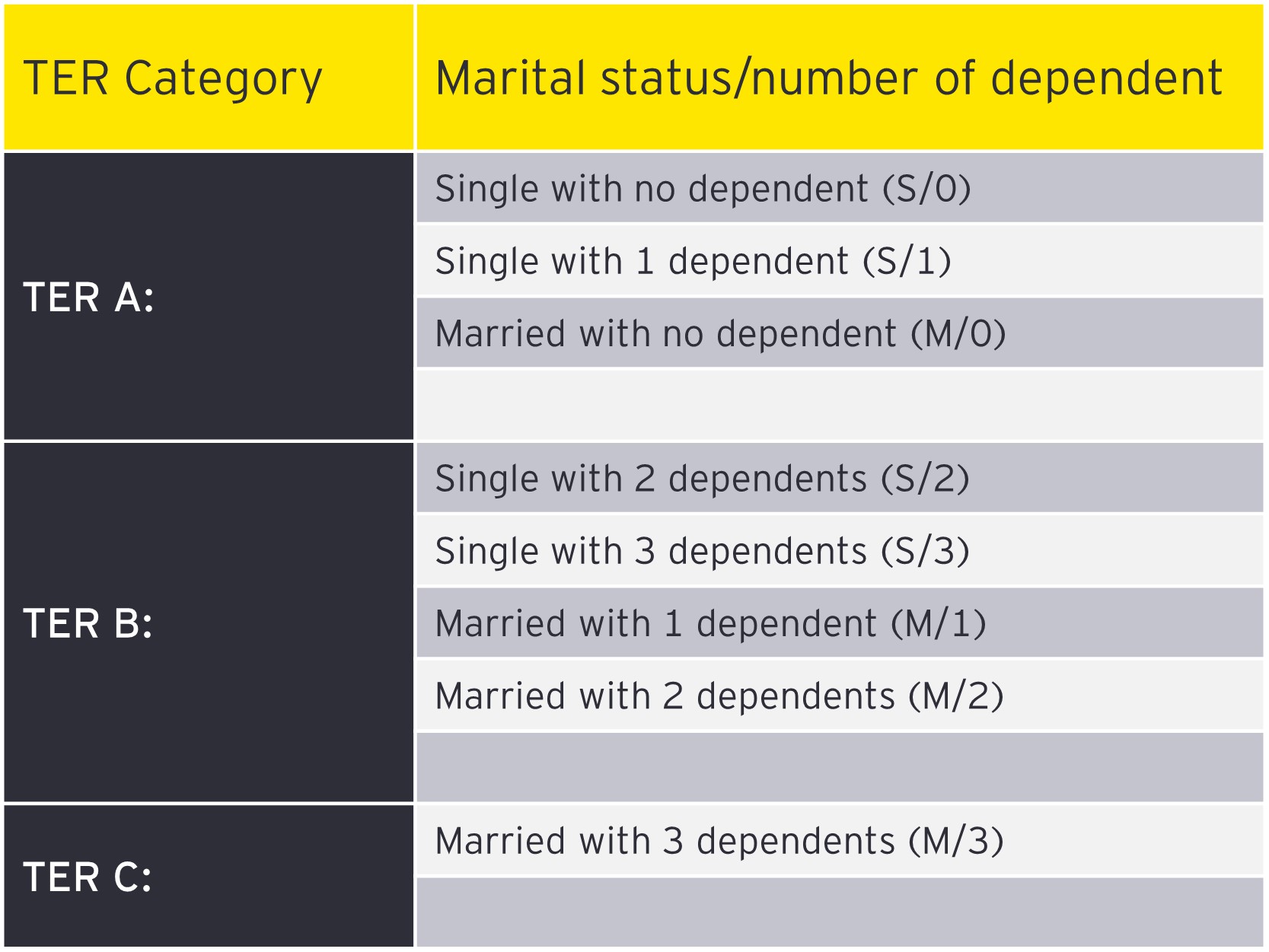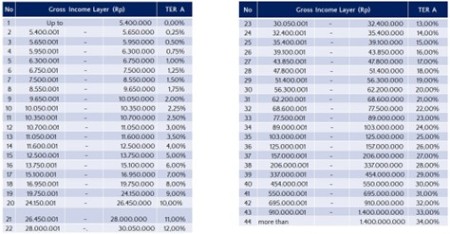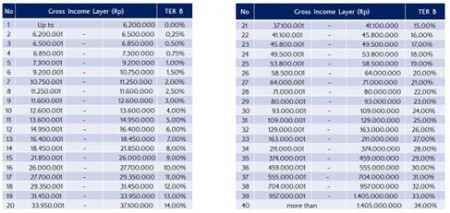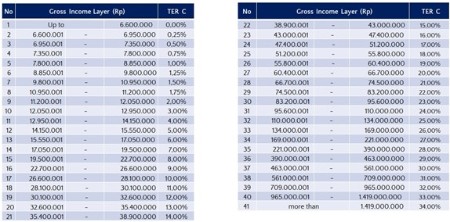Impact on employers and next steps
Employers will need to modify their payroll calculation processes and systems to accommodate the changes and it is suggested that the company to socialize this with employees. The changes to monthly tax calculation mechanisms using the estimated effective tax rates will impact the monthly take home pay of employees that are paid on gross basis, compared to what they use to receive prior to introduction of the TER. Companies may need to communicate the changes in advance to address this and to ensure seamless transition to the new method.
As mentioned above, there is no overall additional tax burden or increase of tax liability for the employee as the result of the changes on WHT21 calculation. However, it is most likely that the TER mechanism adopted on the monthly WHT21 will have impact on the final amount of WHT 21 calculated either at the year end or at the end of employment. There may be some potential scenarios leading to over-deduction of WHT21 resulting from the TER method.
For Zakat or mandatory religion donation, as the deductibility requires the payment to be made by employer, companies may need to set up a process to facilitate the payment of Zakat.
With regard to the implementation of tax on BIK under the Government Regulation Number 55 Year 2022 (“GR 55”) and Minister of Finance Regulation Number 66 Year 2023 (“MoF 66”), employers need to make sure that such BIK components are also included as part of the gross income in the monthly TER WHT21 calculation. In this regard, for employee’s tax reporting purposes companies may need to set up a process to compile the data of BIK provided to employees - both the taxable and non-taxable BIK. Note that as per MoF 66, for corporate income tax purposes, companies need to maintain a list of BIK provided to employees.
EY will continue to monitor the developments on employee withholding tax regulations. If you have any questions, we encourage you to contact one of our Tax Professionals.







